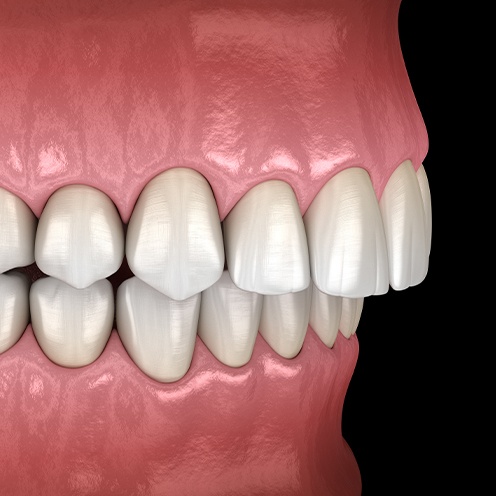Myofunctional Therapy – Dallas, TX
Caring for Your Tongue Before & After Treatment
Even after a frenectomy has been performed, tongue-tie can still have an impact on your oral health. The previous restrictions on the movement of your tongue will likely leave it weakened, and you may find that you still have trouble enjoying certain foods or breaking particular habits. Dr. Morgan’s comprehensive approach to treating tongue-tie includes myofunctional therapy that helps retrain you to use your tongue properly to enjoy your highest quality of life. Call us today to learn more.
Why Choose The Dallas Tongue Tie Center for Lip & Tongue-Tie?
-
State-of-the-Art Techniques
and Technology -
Dentist with More Than
20 Years of Experience -
Highly Comfortable,
Minimally Invasive Treatment
Pre-Surgery Myofunctional Therapy

Normal frenectomies are meant to address tongue-tie, and they are very effective in relieving the symptoms of the condition. But before the procedure is performed, we may recommend a myofunctional therapy so that your tongue is strong enough to function properly once it has been freed. To this end, an expert will help guide you through a number of exercises. Both adults and children can benefit from myofunctional therapy, and our team will be there to help you through the entire process.
One of the benefits of myofunctional therapy is that it can help you break the harmful habits related to tongue-tie. For example, sometimes people with tongue tie tend to breathe through the mouth instead of the nose; myofunctional therapy can help you get a head start on correcting this so that you don’t fall back into mouth breathing.
Post-Surgery Myofunctional Therapy

When performed after surgery, myofunctional therapy can be thought of as a form of physical therapy for the mouth. It essentially helps you re-learn how to use your tongue and taking full advantage of its new-found mobility. The therapy consists of a number of exercises, including the following:
- Holding your tongue and lips in a healthy resting position that won’t lead to dental problems or affect your facial appearance.
- Practicing chewing and swallowing as efficiently as possible so that you can safely eat a wider variety of foods than you could before the surgery.
- Various exercises to make the tongue stronger so that it can be used to perform various tasks such as pronouncing words more clearly.
Other treatments might be administered in addition to your myofunctional therapy. It largely depends on what specific problems your tongue-tie is causing. Patients who have tongue thrust, for example, should generally seek treatment in order to avoid orthodontic problems later down the line.
As you may have gathered, treating tongue tie is more of a process than you might initially think, but there’s no doubt that your smile and your oral health will benefit from the treatment. Contact us today to schedule your first consultation with Dr. Morgan.